let's be social!
Day 11.
I don’t remember the exact moment when I awoke every day, but I definitely remember Tuesday in Sudan. I woke up to the sound of bleating. There was a farm animal on our compound, and it was unhappy. It sounded like a young goat or sheep…I couldn’t tell, but I distinctly remember wondering where I was when Aid Sudan acquired livestock! I climbed out of the duel tocha, and sure enough, there was a tiny little black lamb bleating like crazy. Luckily, it was relocated to its rightful owners by mid-morning and peace returned to the Aid Sudan chin.
Anyway, the first line in my journal from that Tuesday is, Today has been an amazing day! After Monday’s struggles with feeling useless, God not only rejuvenated my spirit, but He blessed me with some really great opportunities that day. It was really a big day for many of our team members, as Mandy and Angie had already headed out early to go work at the MSF compound for the morning and our students were going out into the community again for storying groups that afternoon. His blessings were abundant!
Snapshot of Tuesday:
-Visited the schools in Nasir
-Learned about the value of cows and wives from Samuel
-Discussed education opportunities with Peter and Kerry
-Ate lunch with Bible school students
-Went with Peter, Jengmer, and students for our storying group
-Walked to the suk with Peter, Jengmer, and Angie
-Hung out with the women of our compound and watched them cook yutyut
Photographs!
Here’s the adorable (albeit loud) little lamb that made its way onto our compound…
I reported like normal to the Bible school, but after visiting the MSF compound the day before, I was especially eager to visit the schools in the community. I asked Peter what he thought about going to see at least one school, and the next thing I know Peter, Kerry, and I are leaving the compound with our tour guide, Samuel, to check out Nasir’s duel goras. God was certainly opening doors that morning!
Fun Facts about Nasir Schools:
-Fewer than 1% of girls in Southern Sudan attend secondary school because of marriage
-Teaching staff is made up of a mix of volunteer and salaried teachers…paid teachers earn about $100 USD per month (for comparison, a bag of grain costs, on average, $150)
-School fees (at least at Timothy) are 3 pounds per year for each student
-Students spend very little time in class. Teachers spend a lot of time grading and students go to recess. Before you knock it, please understand that their teachers are untrained and many schools were set up with no supplies or funds. They simply do not know how to teach.)
-Instruction is primarily rote memorization…very little analysis, problem solving, or comprehension
-Just like in Torpuot, schools have no textbooks (or very few), no supplies, etc.
The first stop on our school tour in Nasir was the Timothy Girls School. I was pretty excited to visit that school in particular because I wanted to see just how many girls were currently in attendance. There were hundreds of girls from varying age groups attending primary school (grades 1-5). They were really excited to have us come visit, partially because we are kawajas, and also because they rarely have adult females come to their school, as all of the teachers are male, so I felt extra special. Here are some of the girls I met at Timothy…
The experience at Timothy was interesting because after walking the grounds, we met with the headmaster and several teachers. The headmaster allowed us to ask questions, and he answered them pretty well (Sudanese style, of course). Then it was time for him to begin making requests. By that point in the trip, I realized that Africa does indeed work very differently than the States. There is really no such thing as a platonic meeting…there are always requests. The headmaster knew that Aid Sudan had already built the school in Torpuot and was working on the school in Kierwan, so he requested that they consider building a new school for the girls. Though the Timothy Girls School buildings are in rough shape (thanks in part to a bomb dropped near the school during the war), they do have actual buildings where they are able to hold classes indoors, so Nasir is not a priority village for new schools. Here are a couple of shots of the grounds…
This is a bomb shell from the war. This bomb was dropped literally less than 50 yards from the school buildings. One of the horrors of the war was that the northern troops would aim for populated areas such as schools, clinics, and churches in order to kill the largest number of Southern Sudanese possible with one bomb. The children are use to seeing this bomb shell, and probably think little of it on a daily basis, but this was shocking to me. Here in America, schools are safe havens, but in Southern Sudan during the war, nothing was safe.
Our second stop on the tour was Nasir West, another primary school. We did not meet with the school’s headmaster there, but we did get to go into one of the classrooms. Funny story: there was a major misunderstanding about why we were there. We walked into what we thought was a class in progress, and made our way to the back of the “room” so that we wouldn’t be too much of a distraction from the instruction. Samuel explained to the teacher that we just wanted to observe him teaching…but something was lost in translation, and all of the sudden the entire class turned around to face us. Samuel then told us that they could move the chalkboard back to us, too, if we needed to use it for our speech. What?!? We quickly explained that we just wanted to watch a lesson in progress…then the teacher told us that class was actually over, and that they had only stayed because we were there. Oops!
Once we left the classroom, we went to the school commons area and I started taking pictures of the kids. There was already a huge mass of children around me before I started taking pictures (they were feeling my skin and hair), but once I took a couple of pictures, the crowd quickly multiplied!
Then I handed Kerry my camera and jumped into the crowd of children. It was brave, because I was being tugged at from all sides, and at one point I was sure that my arms were going to be dislocated…but these are some of my favorite shots! Find the kawaja…
During our walk from Nasir West to Nasir Junior High, we went by the cattle market. It was interesting to get a glimpse of the process. The sellers of the cattle just bring them in and tie them up, and then much like at a car lot, the buyers peruse the selection and negotiate prices with the sellers. According to Samuel, skinny cows sell for approximately 300 Sudanese pounds, while a very large, healthy cow will sell for around 700 pounds. The average healthy cow sells for about 500 pounds, and the money earned from the sale is then used to purchase goods, grass thatching for the huts, food, and/or education.
This is Nasir Junior High, the nicest school in Nasir (with the exception of the not-yet-opened Nasir Secondary School). It was built in 2005/6 by the GOSS and stands as a beacon of hope for Nasir (and the rest of Southern Sudan) that peace will remain and the building will serve many students over many years.
School ends at around noon there so that the students can get back home to their families and help with chores, which include cultivating, cooking, building, cattle herding, etc. As the school emptied, we were able to go inside and get pictures. Here is an English classroom…
This is the interior of the school, sort of a rough courtyard…
Seriously, one of my favorite parts of the culture…
On our jal back, the UN had this helicopter coming in. It landed near the UN’s fuel supply, and as a result of it being on the ground, we had to walk far around the perimeter that the UN had set up…complete with armed guards to keep people away…
Once we got back, we ate lunch and then Andrew showed the students a picture of one of Aid Sudan’s staff members with his wife and new adopted children. The students were all very excited to see him and his new family…
One of our Bible school students is studying English so that he might go to secondary school. I am so deeply touched by their desire for education! He is reaching middle age and still desiring a high school education (so for those of you who think you are too old to go back to college, let this remind you that you are never too old for education!). It profoundly moves me that they strive to educate themselves so they can better educate others. Though pastors in Sudan are among some of the most educated, many of them do not have anything higher than an eighth-grade education and are hardly considered to be literate…
Mary and I…
These adorable, playful children were at the home that our storying group was held. Can you tell who loves the camera the most?
Our pastors…
As we left, these girls were watching me and giggling. I figured that they just found me to be funny looking (and perhaps they did), but Jengmer said that they were excited because they had seen me at their school that morning. Kawaja are pretty rare in Nasir, so seeing us in the morning and then having us come to their house that afternoon was a pretty big deal to these girls! They are beautiful young women with infectious giggles…
Aid Sudan’s solar panel. Like cell phones in Sudan (yep, I’m not kidding), this seemed really out of place on our compound…
Dul (dirt, aka Sudanese sidewalk) on our walk to the market…
I seriously could not get enough pictures of these super fun children outside of our compound. There is nothing like having them (especially the girl in pink) shout, “Kawaja, kawaja, kawaja” each time we left our compound or returned to it. She was our little announcer, and her shouts always drew a crowd!
Here’s a shot of Jengmer and I. I know I have already talked a little bit about him, but I cannot say enough great things about him. Jengmer is such a kind, gentle man who deeply loves his people and spreading the Gospel. Aid Sudan has been extremely blessed to have him on staff, and his people have been deeply blessed by him splitting his time between Sudan and America to deliver the Word.
When we returned to the compound that evening, Mandy was over with the women helping them cook. I migrated over there with my camera and hung out with Mandy and the ladies. Here they are cooking yut yut, a thin, doughy bread that is eaten with stew (actually, folded over and then used to scoop up the stew from my understanding). Mandy attempted to make the yut yut, too, and I thought she did a great job, but her efforts resulted in giggles from the Sudanese women! She definitely got points for trying…
This is cultural. The women do not bend their knees to lift things or set them down, as it is considered a sign of weakness. They do some chores while squatting, but specifically when lifting they must keep their legs straight. However, when serving others (such as when they brought us lunch), they do bend their knees as a sign of respect. I would definitely be considered weak in Sudan, because I do the whole “lift with your knees, not your back” thing. She was amazing…
I have never met a child (aside from his big brother Goi) who loves having his picture taken so much! So, of course, I took it every time he posed…
Highs:
-Definitely the tour of schools. It was amazing to see how education works in Sudan…and where it needs some improvement (especially in the way of supplies and teacher training). I loved getting to meet the teachers there and getting pictures of the students!
-Beginning talks with Peter and Kerry about Aid Sudan’s education needs, and what opportunities are available. This has led to some really exciting plans!!!
-Samuel asking if I’ve been to Sudan before because my “Nuer is very good.” Whaa? I seriously know only like 30 words…but I must fake it well! I have to seriously thank Mandy for teaching me so much Nuer while we were there!
–Jal to the suk. I always loved going out into the community!
-Receiving my first message from Blaise that evening! He said that he loved me, missed me, and was so proud of me. He was praying for our team.
Lows:
-Knowing that we just can’t provide Nasir with all of the things they need. Having the headmaster ask us to build a new school that doesn’t leak when it rains, supplies for the girls, etc. was tough to hear.
Lessons that God Taught Me:
-That I will seriously follow God anywhere. My experience in Sudan was really just the tip of the iceberg. God led me there to love on the Sudanese, and through that experience I realized that following Him there was by far the best thing I have ever done. I realized that allowing fear to hold me back would have not only caused me to miss out on that experience, but it would have handicapped my faith. Also, I realized that I truly desire to live a life of crazy love (read the book, it’s awesome)…and if that means packing up everything I own and moving into a mud hut in a war-torn country, I will do it. If He calls me to it, that is where I will go. God blesses those faithful to Him, and even death is worth it if we are doing what He calls us to do. Taking action…super awesome!
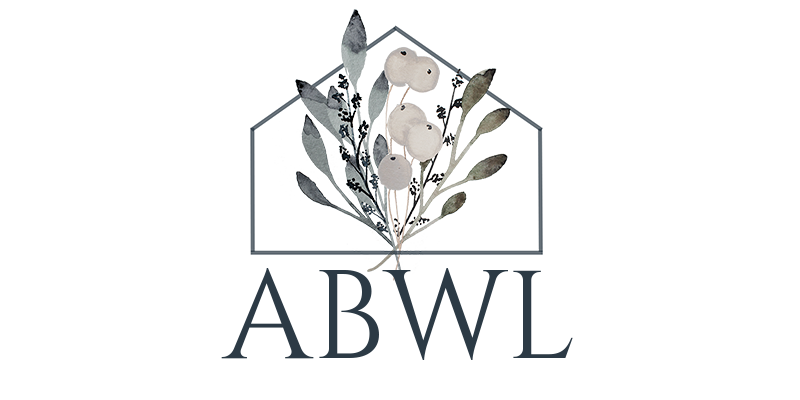
















































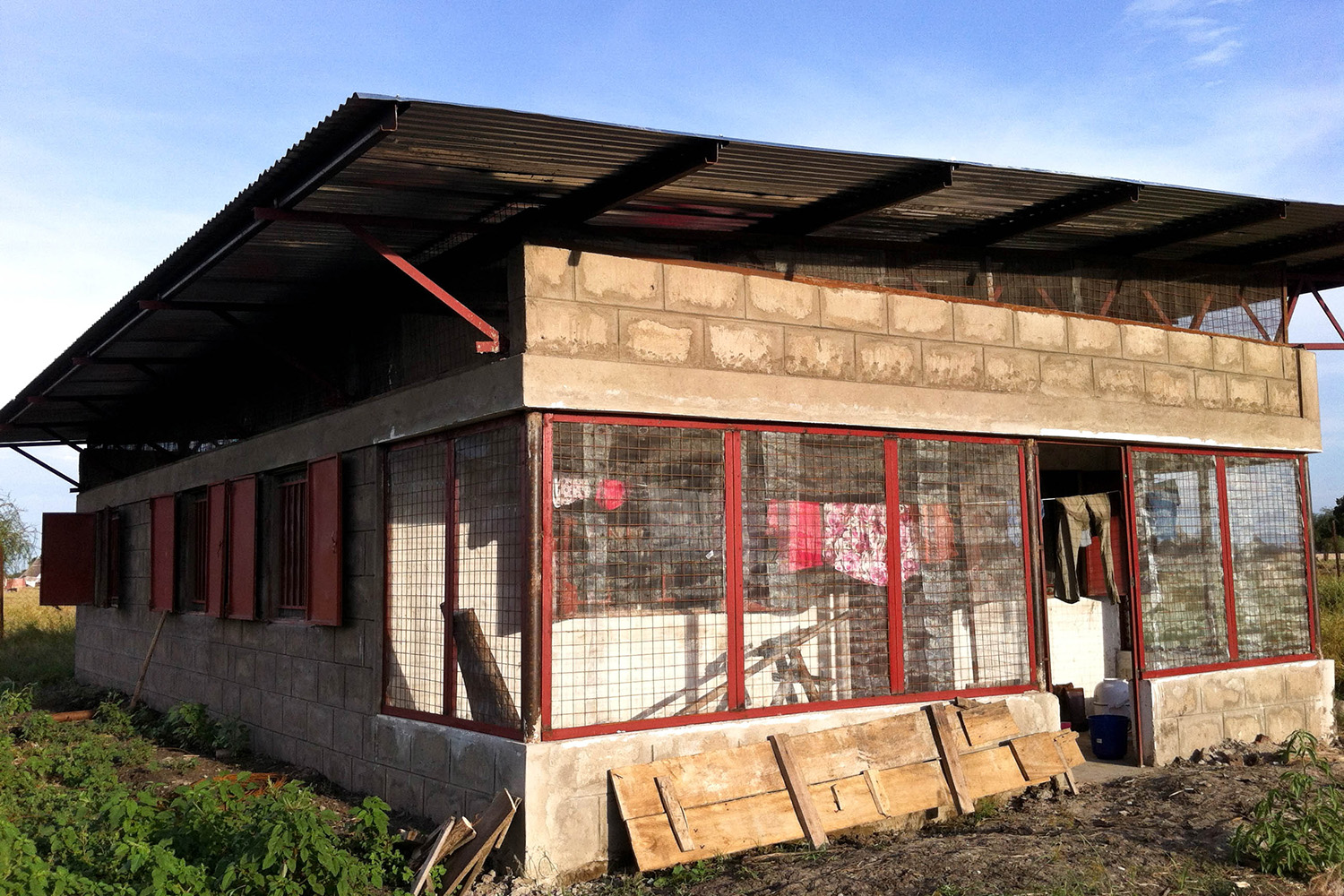
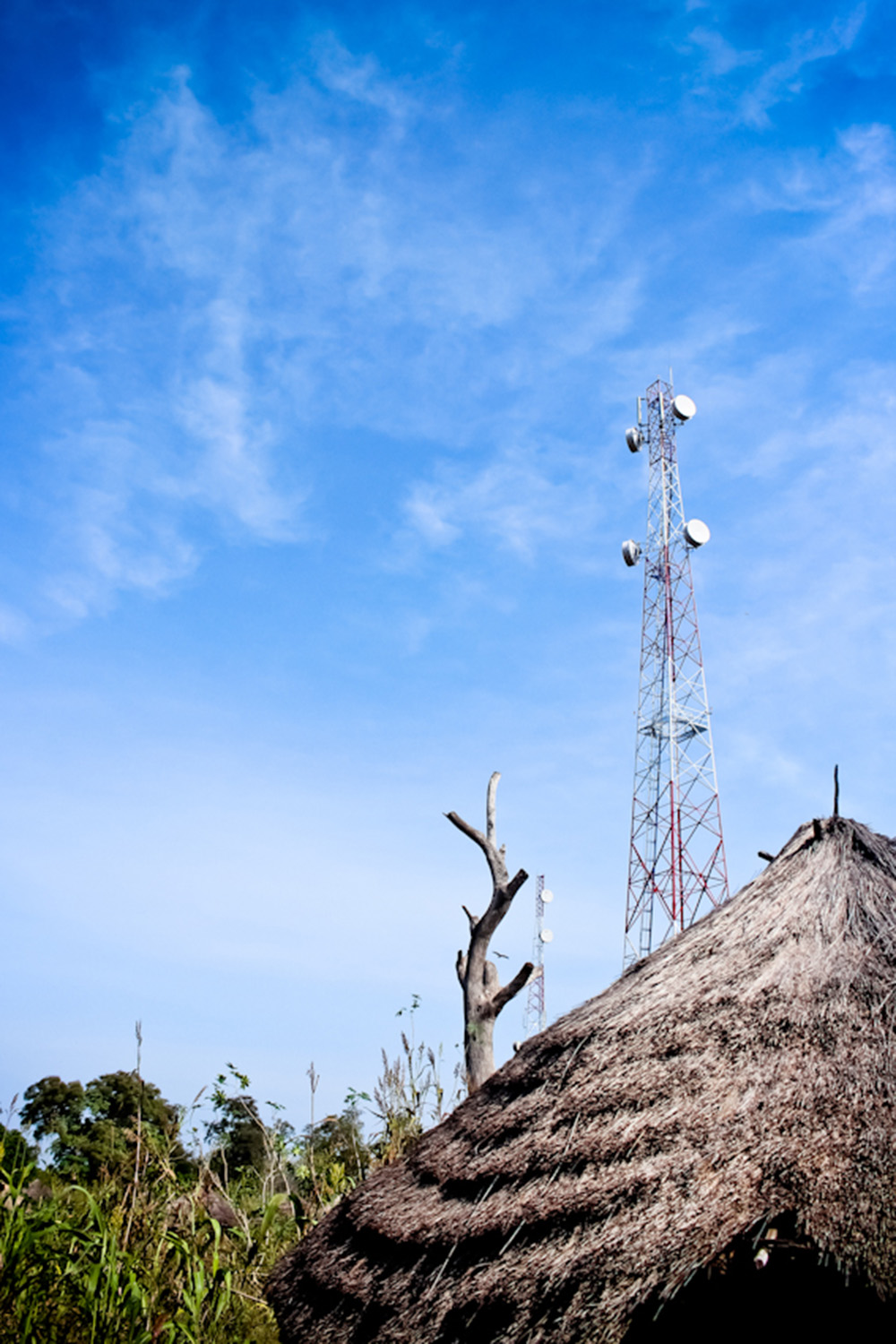
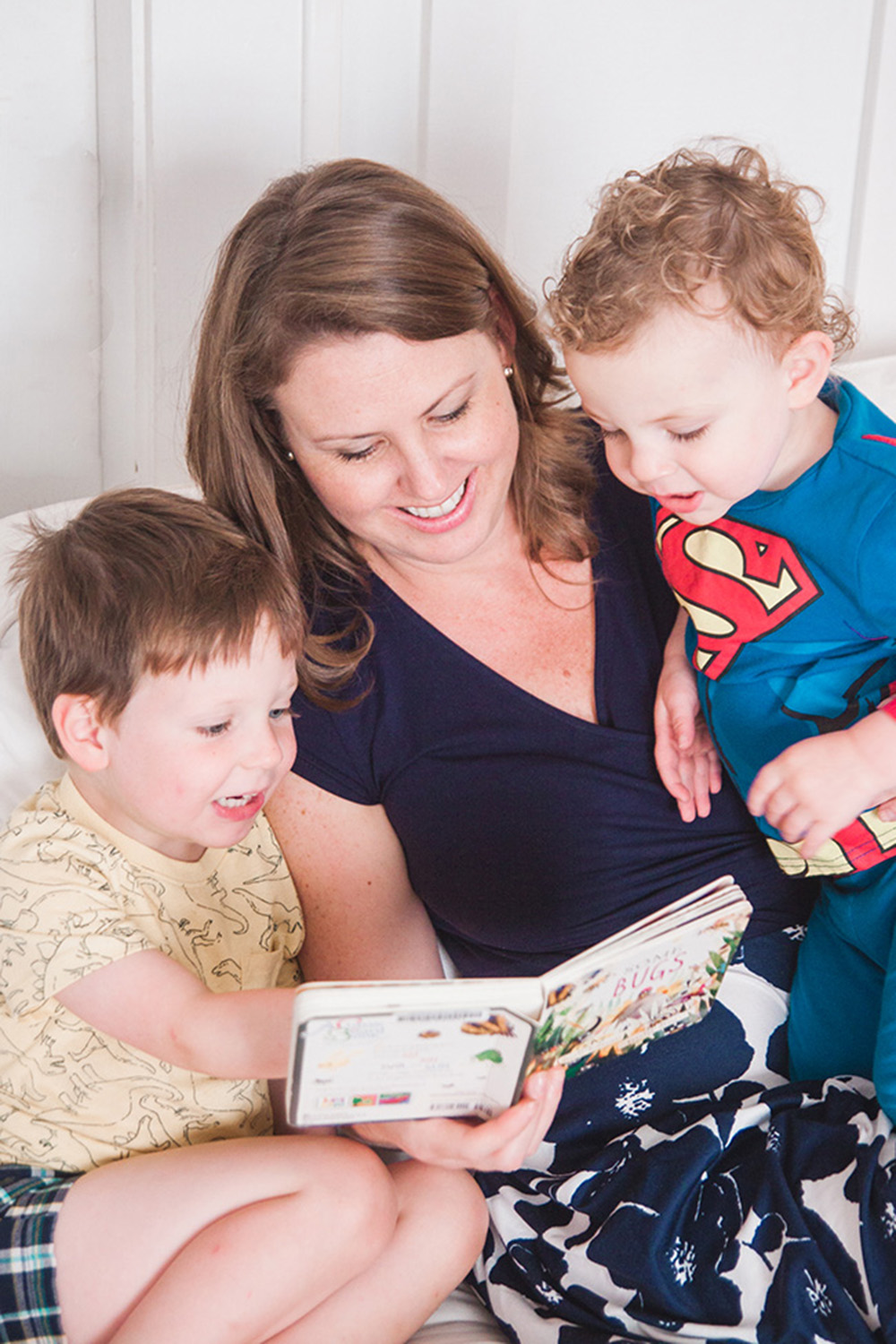
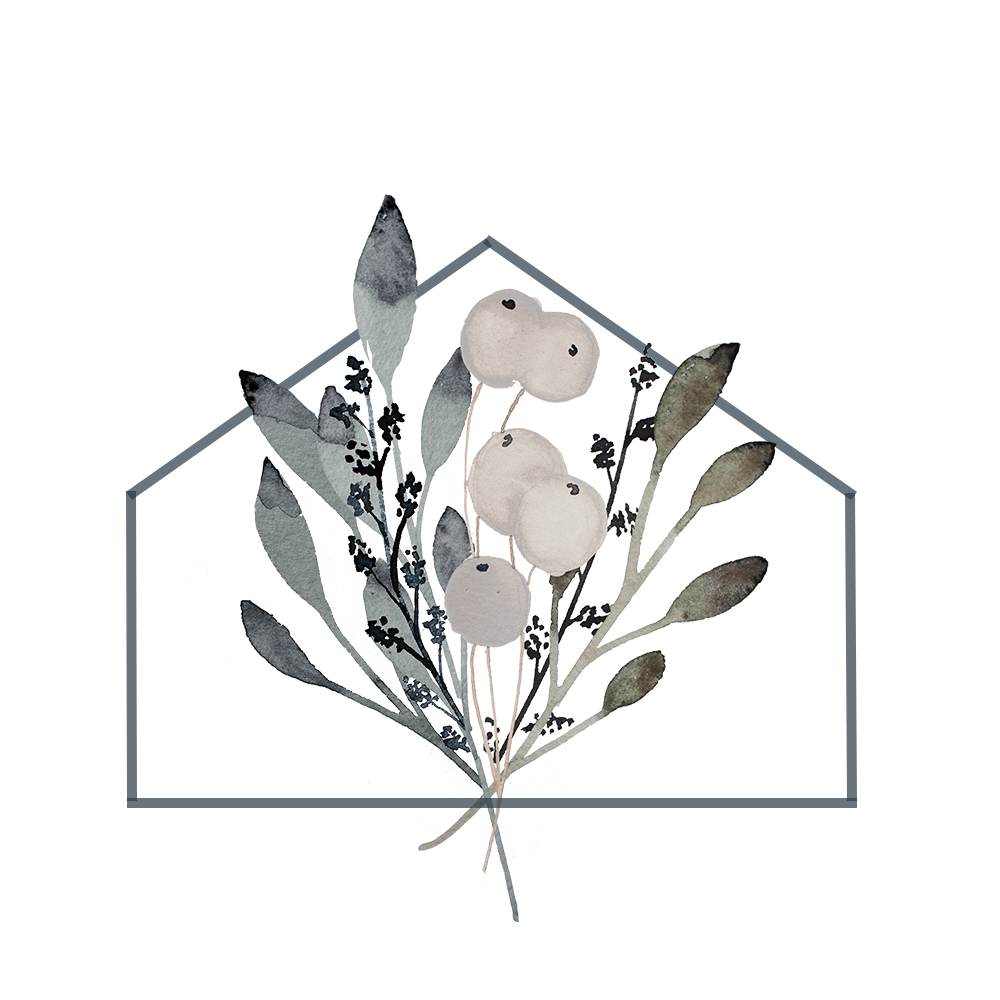
Not everyone is in a position to move into a mud hut in a war-torn country. BUT, those that are called ARE chosen and the blessings they receive will be endless. Just imagine what would have happened if Christ's disciples did not "Come Follow Me."
You are a valiant disciple and I am blessed to know you. Thank you, once again, for sharing your story!